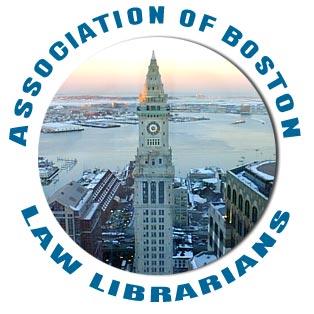Why is it that 99% of law school courses operate blithely as though everyone in the room understands beyond debate why human beings do what they do? And why are these same courses -- or many of them, at least -- prepared to spend time head-scratching over how something called "the market" works, and how its operations obey illuminating regularities?
I won't waste time bashing econonomics. Indeed, I want to set it up as a discipline (of sorts) that incorporates somewhere near its heart -- can economics have a heart? the guts, then -- a view of what a person is that is more or less explicit. The economic person is rational and calculating:
The economic approach starts from the simple premise that, faced with limited resources and abilities, people do the best they can to further their goals and objectives. Combined with the powerful mathematical tools of optimization theory, this simple premise yields sharp predictions about how people should respond to changes in their resources and abilities. [http://www.utexas.edu/cola/economics/]
Okay, so law doesn't have "powerful mathematical tools." But why on earth doesn't it have any theory whatever about human behaviour? Law is, after all, an enterprise in which, to use Lon Fuller's simple notion, we attempt to subject human conduct to the governance of rules. How do people -- in this culture? any culture? -- behave when confronted not with a choice between guns and butter but with a rule saying no, a rule saying maybe, any rule at all? Does it matter who makes the rule? Does it matter how one comes to know of it? Does it matter whether it's polite, peremptory, wheedling...?
There are admittedly courses labelled Law and Psychology; but I'd guess you'll find pretty much all of them dealing with the psychology of juries or judges or witnesses or the problems of
mens rea and insanity. All well and good, but not your everyday basic down-to-earth fundamental what-kind-of-being-are-we- talking-to-when-we-make-a-law stuff. No, law schools pretend that there are no psychology departments (easy enough, I guess, because they also pretend there are no education departments, anthropology departments, and with some exceptions, history departments either), so the nature of humanity, taken either singly or
en masse, is unproblematic and unexamined.
The "reasonable person" you say. Not really. It is a heuristic notion and probably a good basis for framing some of our laws in an attempt to elicit the very behaviour it presumes. But reason? what reason? whose reason? what about the heart's reasons, of which the head knows nothing? Or, god forbid, those of the genitals, of which none of us is willing to profess knowledge? All too messy, too...
Psychology as a discipline is not as firm a science as, say, organic chemistry. Granted. But would anyone want to defend econcomics for more than five minutes on the firmness ground? And when it comes right down to it, we're not talking about a one-to-one mapping of reality when we construct a social science; we're really developing a worthwhile thoughtful informed conversation about issues important to human life. And it's hard to imagine a conversation more fundamental to any operational discipline than that inquiring into the nature of me, and you... and all of us. Yet on and on we go in law school with courses on law and economics, such that it's hard to find a graduate spared the knowledge of Pareto optimality and even harder to find one aware of Maslow's hierarchy of needs.
Enough to make you wonder about the sanity of...












